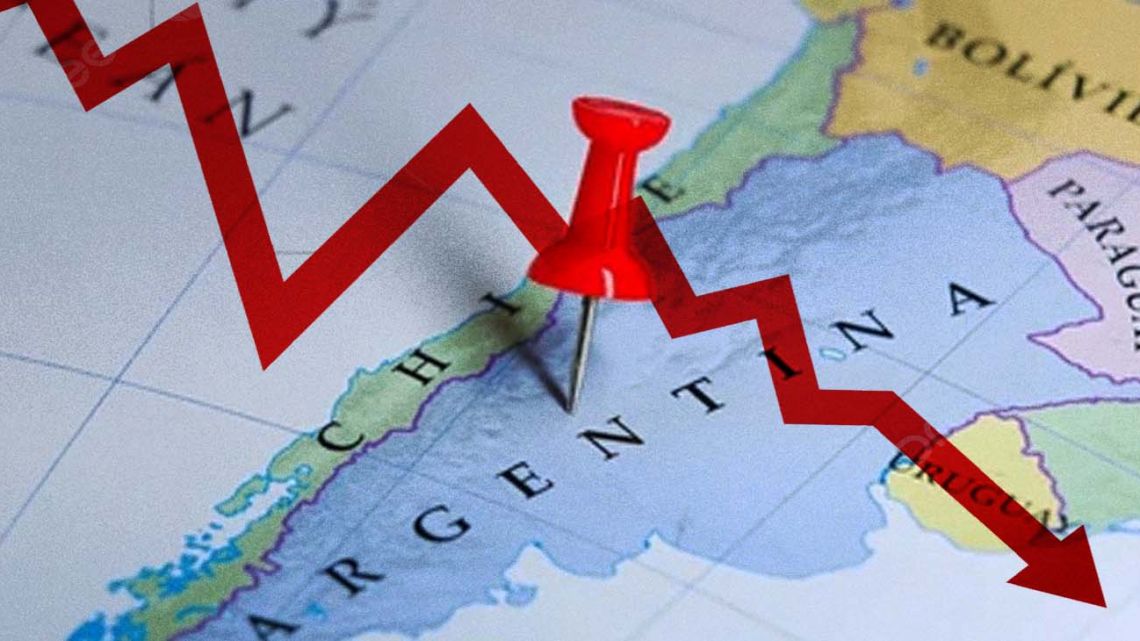Returning Argentina to the world is not a straight or single line like any flight abroad – nor for that matter like domestic economic policy as implemented by President Javier Milei where a single-minded fixation with just two objectives (fiscal surplus and lower inflation) has yielded impressive results until now. When the planets are aligned, the forces of heaven gain credibility but what works at home cannot automatically be extrapolated elsewhere – the world needs to be approached on its own terms with international relations an entirely different universe. This point is completely missed by a Milei sufficiently emboldened by an economic spring to subordinate foreign policy to ideology and even personal whims.
The change of foreign minister a month ago went far beyond a new name at the helm. Until then Milei understood his role in international policy as one big lecture tour where he could preach the virtues of capitalism (usually to the converted) – something of a win-win situation because such showmanship gave him considerable personal gratification as a self-proclaimed world figure while being basically froth leaving the substance of foreign policy to the professionals. This has now changed and not for the better, resulting in such absurdities as gesture politics against the 2030 Agenda of the United Nations leading to rejecting a UN resolution against digital violence against women with subsequent backtracking, an entirely gratuitous embarrassment.
The latest eccentricity in this newly aggressive approach to diplomacy was all but pulling out of the celebration of the 40th anniversary of the Beagle Channel Treaty with Chile in the Vatican although there could be method in the madness here. At first sight the target might seem Chile due to a presumed clash at the G20 Leaders Summit in Rio de Janeiro between Milei and his Chilean counterpart Gabriel Boric (the latter a fringe presence there since the Andean neighbour is not a G20 member). But the snub was also directed at the papal host (whose most recent contact with the libertarian government was granting an extended audience to Milei’s estranged veep Victoria Villarruel six weeks ago), in all probability annihilating any remote chance of the aged and ailing pontiff visiting his homeland next year. Far from this being unintended collateral damage, it might well be the whole point of this travesty of diplomacy – the last thing Milei might want for next year’s midterms is papal prestige being added to the banners of social justice and inclusion on the other side of his “cultural wars.”
One example of international relations being subordinated to domestic strategies – another might be the new openness to imports. Again at first sight this might look like reverting the isolationism of one of the planet’s most protected economies to bring Argentina back into the world, always a professed aim of Milei – even if such moves as releasing up to US$3,000 for purchases abroad (up to US$400 duty-free) might look more like entry into the futuristic and digital universe of tech giants like Amazon and Mercado Libre than freer interaction with the 200 or so countries of the current atlas. In concrete terms a trade surplus projected to reach US$17 billion this year (more than doubling last year’s deficit) leaves some margin for freeing imports while the reality of protectionism has been decades of shoddy goods at exorbitant prices.
Yet both the timing and the motives of these initiatives are open to question rather than the virtues of free trade as such, putting the cart before the horse. Here the single-minded obsession with lowering inflation (as a midterm trump card) comes into play, pursuing the short-term gains of imports pressuring prices downwards ahead of the far longer-term work of raising the disastrously low productivity levels of a protected industry to make it genuinely competitive or thoroughgoing tax and labour reform to remove the leading “Argentine costs” and give local business a level playing-field – and no excuse for failure.
Involving other countries, foreign policy can never be self-indulgence. Other players will make their own moves, not least United States president-elect Donald Trump with his protective tariffs in complete reverse to what Milei is trying to do. The latter’s response is to float a free-trade agreement with the United States (and with China for good measure while relatively indifferent to opening the markets between Mercosur and the European Union) but this needs to graduate from mere talk to becoming the sum and substance of his foreign policy, leaving aside any notion of diplomacy being a continuation of cultural wars by other means.









